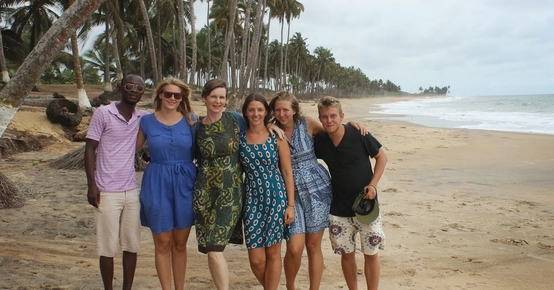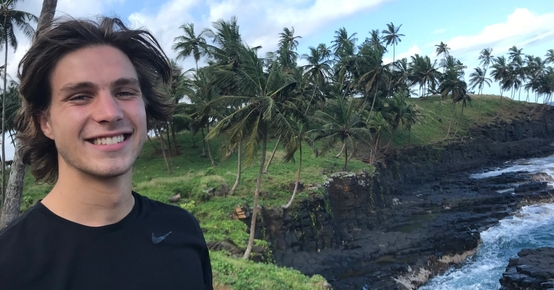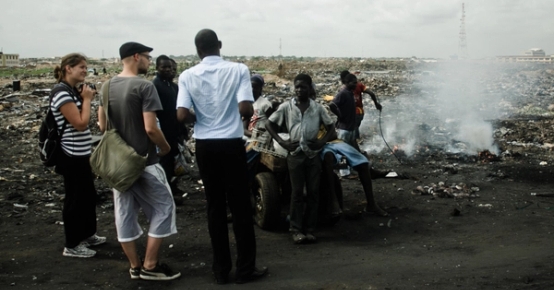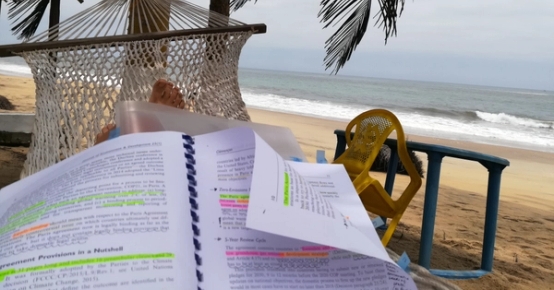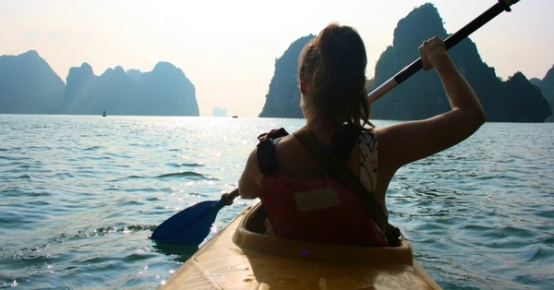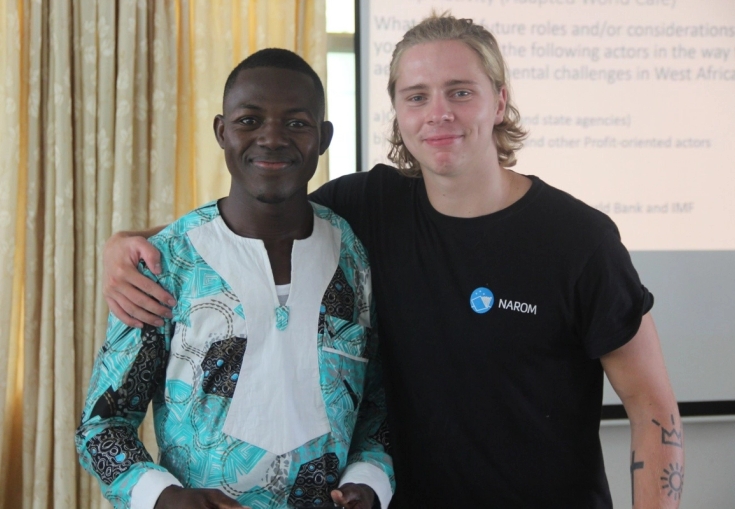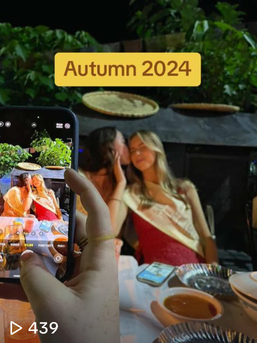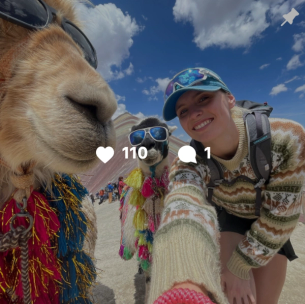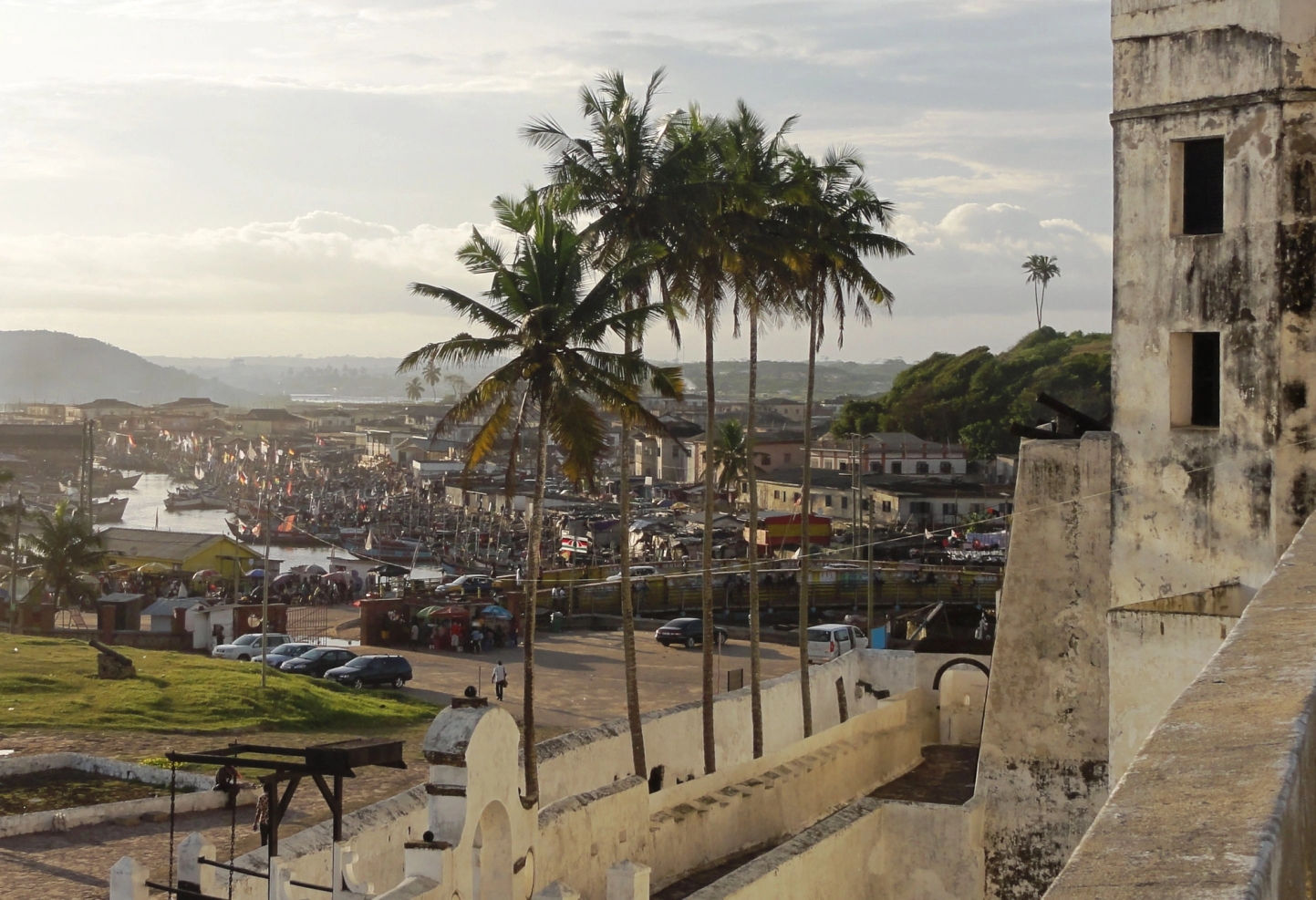
Ghana: Dive deeper
In this article, we delve deep into our amazing study country Ghana. Considering Development Studies 2? Read more about what you can expect in the beautiful and complex West Africa!

This text is translated using AI.
View the original article here.”Obrouni!”
If you are a white European in Ghana, this word will come up constantly. Small children, taxi drivers, or street vendors use the word to make contact. Obrouni means "white man", "wicked man", or "man from the horizon", depending on who you ask. However, if people shout this at you, it is almost never meant as an insult.
It's rather a humorous way to make contact with someone who stands out. Being singled out as different can be an opportunity to reflect on and immerse oneself in the country's history.
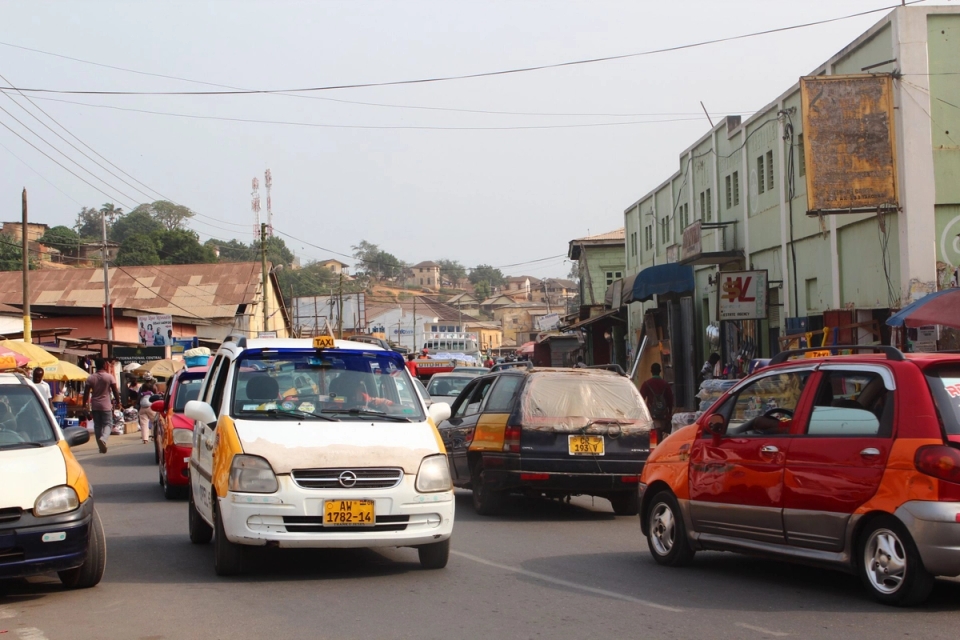
As early as 1481, Ghana was subject to European influence. Portuguese, British, and Scandinavian forts were established along the coast to trade gold and timber, in addition to slave trading.
Despite Ghana being a British colony from 1874 to 1957, it is the era of slavery that today has the strongest architectural impact on the country. The most striking landmarks are the old slave forts that are lined up along the Ghanaian coast.
As the first country in Sub-Saharan Africa, Ghana was able to celebrate its liberation when it became an independent nation in 1957. Ghana became the very symbol of an independent and free Africa, and played a decisive role in the liberation struggle of European colonies.
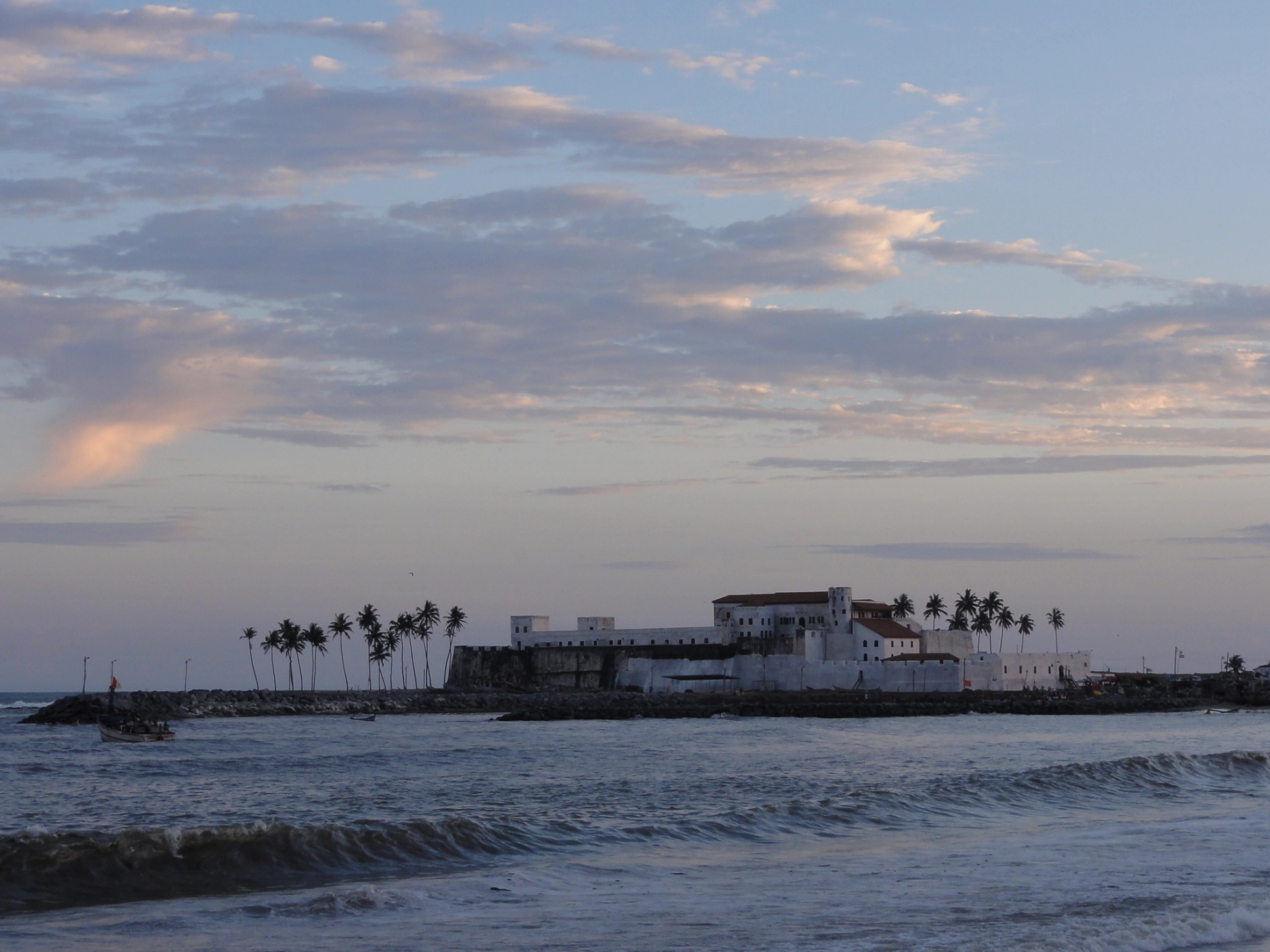
This has left deep marks in the Ghanaian self-perception and has largely shaped their pride and awareness. Much of the credit can be attributed to the country's first president, Kwame Nkrumah. Nkrumah was one of the great international pioneers in the fight against colonial rule and oppression.
His ideas about a Pan-African community were read all over the world and helped lay the foundation for today's African Union.
The transition from a British colony to an independent state was challenging for the new country. Nevertheless, Ghana has, compared to the rest of West Africa, avoided major internal conflicts and is today one of the most stable states in the region. This is reflected in the capital city Accra, which is reportedly the capital in Africa with the least crime.
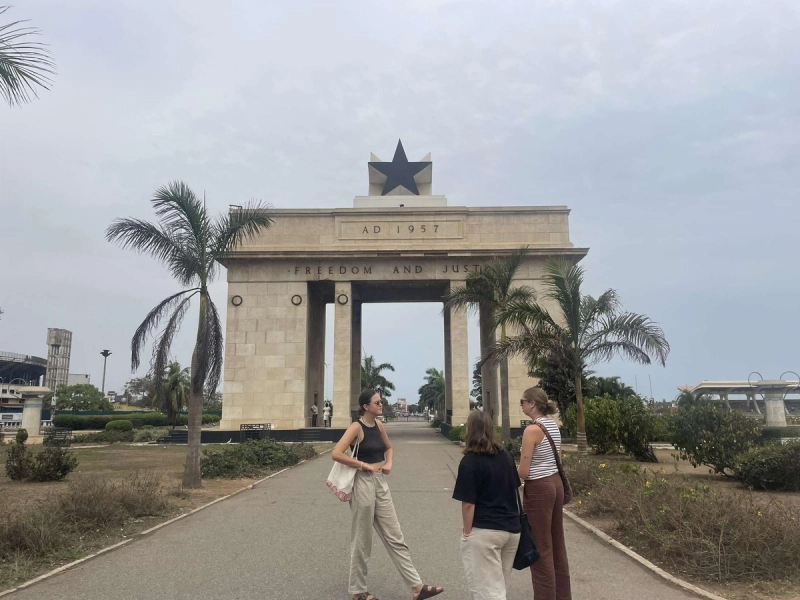
Like most African countries, Ghana is also composed of a number of ethnic groups. The vast majority are Akan-speaking, with the Ashanti Empire being the historically most prominent group.
The British indirect colonial rule preserved a limited political authority for the traditional chieftaincies, and even though Ghana is a democratic republic today, the chieftaincy institutions still have political influence.
Despite English being the official language, everyday speech is characterized by many different local languages. With a variety of linguistic and ethnic groups, Ghana offers a diversity of traditions, customs, and cultures. The traditional Kente outfits are frequently worn on holidays, and with their strong colors and woven gold threads, they create a colorful urban scene.
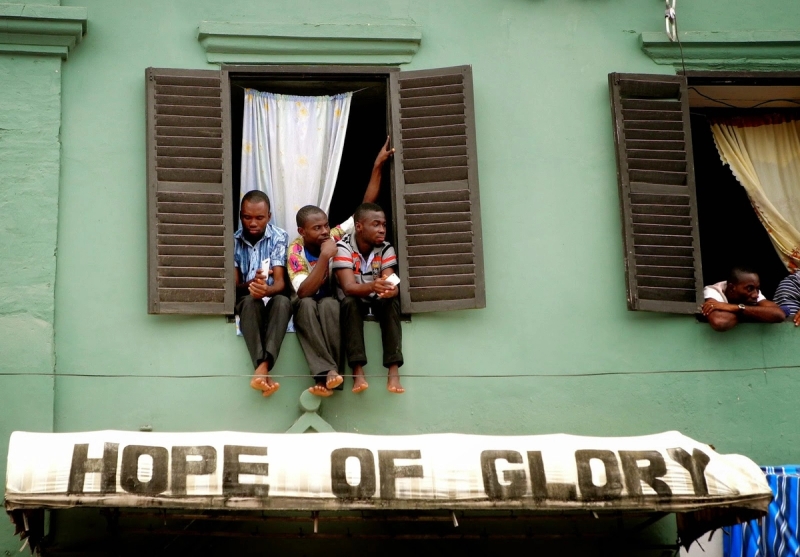
Traveling in Ghana is an exotic experience for a Northern European. The landscape offers great variety, from beautiful beaches, through rainforest and gentle hills to the drier desert landscape on the fringes of the Sahara in the north.
The people who have settled in the area have thus had to adapt to various ecological conditions, which have shaped their relationships and settlement patterns. These conditions pose major challenges for the country, as desertification, climate change, and water scarcity test Africa and Ghana.
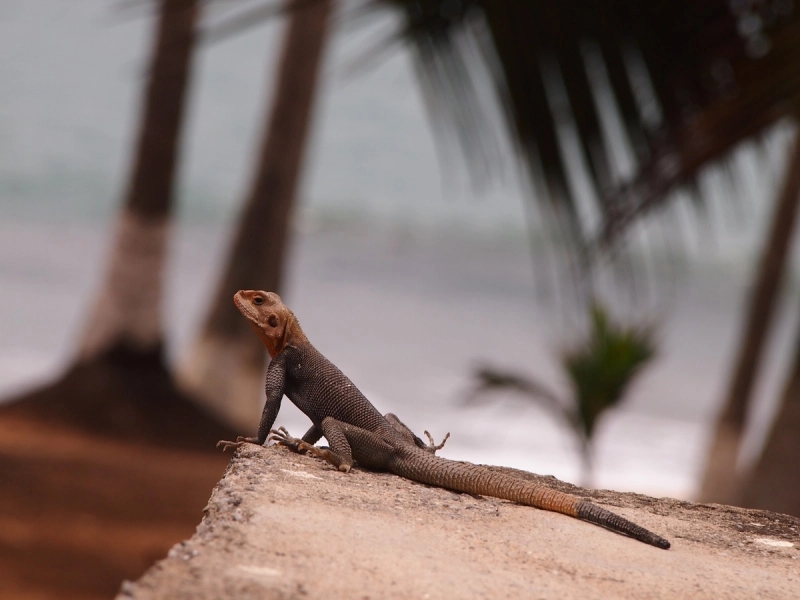
Ghana is a complex and diverse country. As a young nation with significant challenges, it is an interesting gateway for those who want to learn more about Africa.
Ghanaians often point out that "time doesn't go, it comes".
With this fresh in mind, the Ghanaians welcome guests, including Obrounis, with 'Akwaaba' – welcome.
